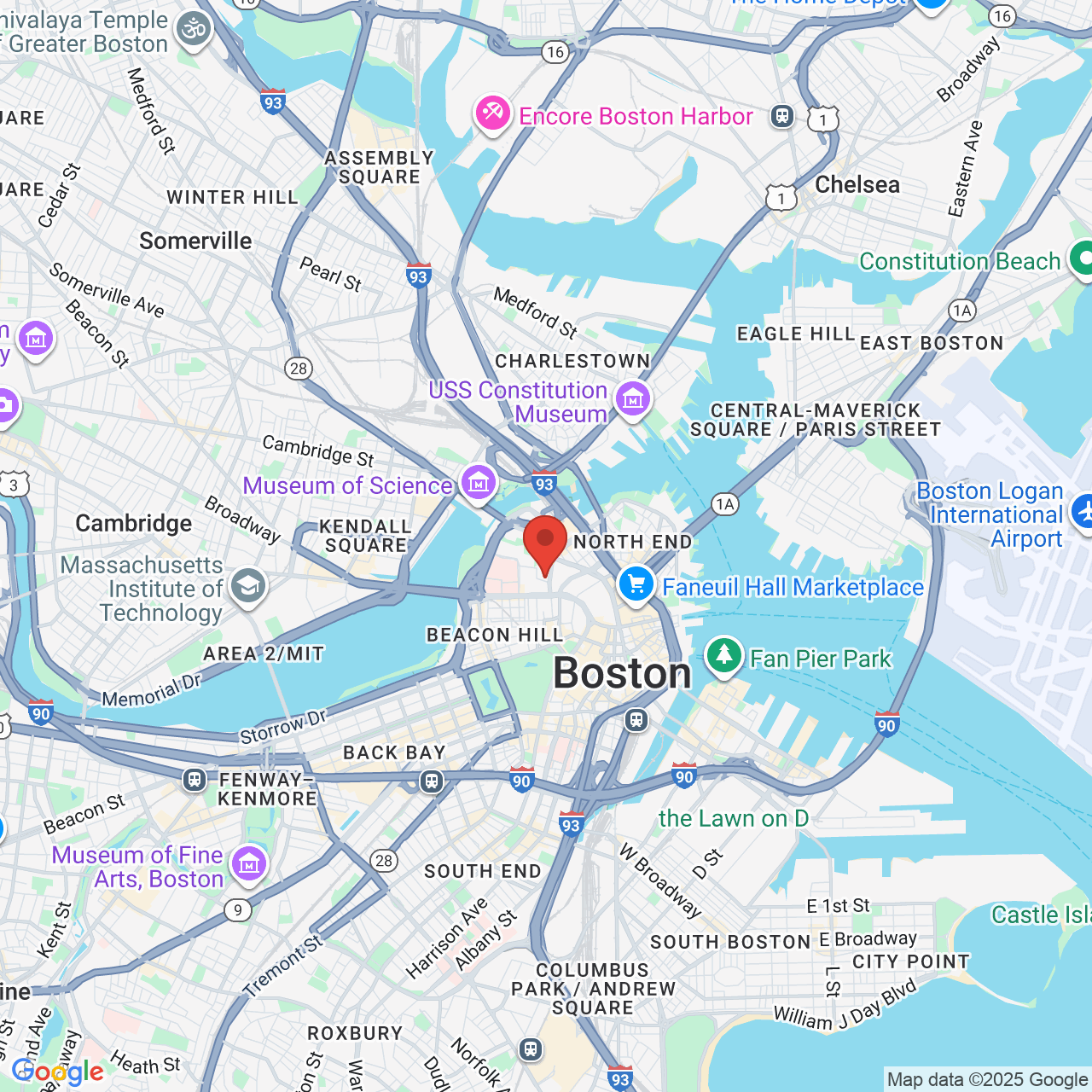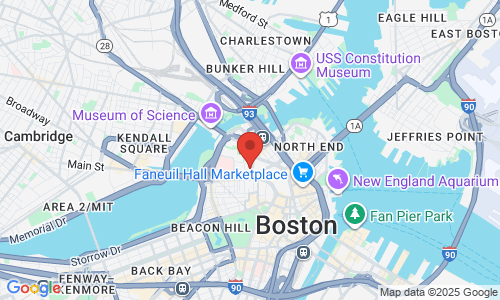Extrinsic vs. Intrinsic Tooth Discoloration: Different Kinds of Dental Stains
 When patients come to the practice of Dr. James Stein in Boston, they will receive advanced care with a focus on wellness and aesthetics. This includes the latest cosmetic dentistry treatments to improve the look of your smile. Many patients who come to our practice are looking for a way to make their smile look its brightest. But treating stains is a little more complicated than some patients may think.
When patients come to the practice of Dr. James Stein in Boston, they will receive advanced care with a focus on wellness and aesthetics. This includes the latest cosmetic dentistry treatments to improve the look of your smile. Many patients who come to our practice are looking for a way to make their smile look its brightest. But treating stains is a little more complicated than some patients may think.
Not All Stains Are the Same
While many patients seem to think that stains are just stains when it comes to their smiles, that's definitely not the case. In order to perform the most effective bleaching or whitening of a smile, it's important for dentists to determine the kind of stain that they're dealing with.
So while all stains will make your smile look less than stellar, it's important that each stain be considered in terms of its type and primary cause(s).
There are three kinds of stains we'll cover: extrinsic dental stains, intrinsic dental stains, and age-related tooth discoloration.
Extrinsic Dental Stains
Extrinsic dental stains are tooth stains that originate the enamel layer of a tooth. This means that the stains start at the tooth's surface.
Common Causes of Extrinsic Dental Stains
The most common causes of extrinsic dental stains include the following:
- Tobacco products
- Red wine
- Coffee
- Tea
- Curries
- Soft drinks
- Blueberries
- Tomato sauce
- Beets
- Carrots
Treatment Options for Extrinsic Dental Stains
The best treatment option to consider for most extrinsic dental stains is teeth whitening. This involves the bleaching of the enamel of the teeth. Multiple whitening sessions can be performed with the dentist in order to maximize the results.
If the stains are too deep set to be addressed through teeth whitening treatment, the best alternatives are dental bleaching or the use of porcelain veneers.
Intrinsic Dental Stains
Intrinsic dental stains are tooth stains that come from within the tooth rather than originating from its surface.
Common Causes of Intrinsic Dental Stains
The causes of intrinsic dental stains are more varied. Some of the common causes of these kinds of tooth discoloration include:
- Excessive exposure to fluoride
- Use of tetracycline at an early age
- Injury to the tooth
- Infection of the pulp chamber of the tooth
- Congenital tooth discoloration
Treatment Options for Intrinsic Dental Stains
Teeth whitening treatment is not an ideal option for intrinsic stains since the bleaching solutions will not be able to access the internal structures of the tooth. Given this, the most common treatments for intrinsic dental stains include dental bonding, porcelain veneers, and crowns. In essence, the intrinsic stain will need to be capped or masked from view.
Age-Related Tooth Discoloration: A Mix of Intrinsic and Extrinsic Factors
Age-related tooth discoloration refers to a combination of extrinsic and intrinsic factors. This is a given following the wear and tear that a person's teeth go through over time. Treating age-related tooth discoloration will sometimes involve multiple treatments in order to address the surface and internal stains of the tooth.
Schedule a Consultation for Teeth Whitening Treatment
To learn more about tooth discoloration and the many treatment options out there that can meet your needs, be sure to contact our cosmetic and restorative dentistry center today. Dr. Stein and his team look forward to your visit and discussing all of your options for advanced dental care treatment.






